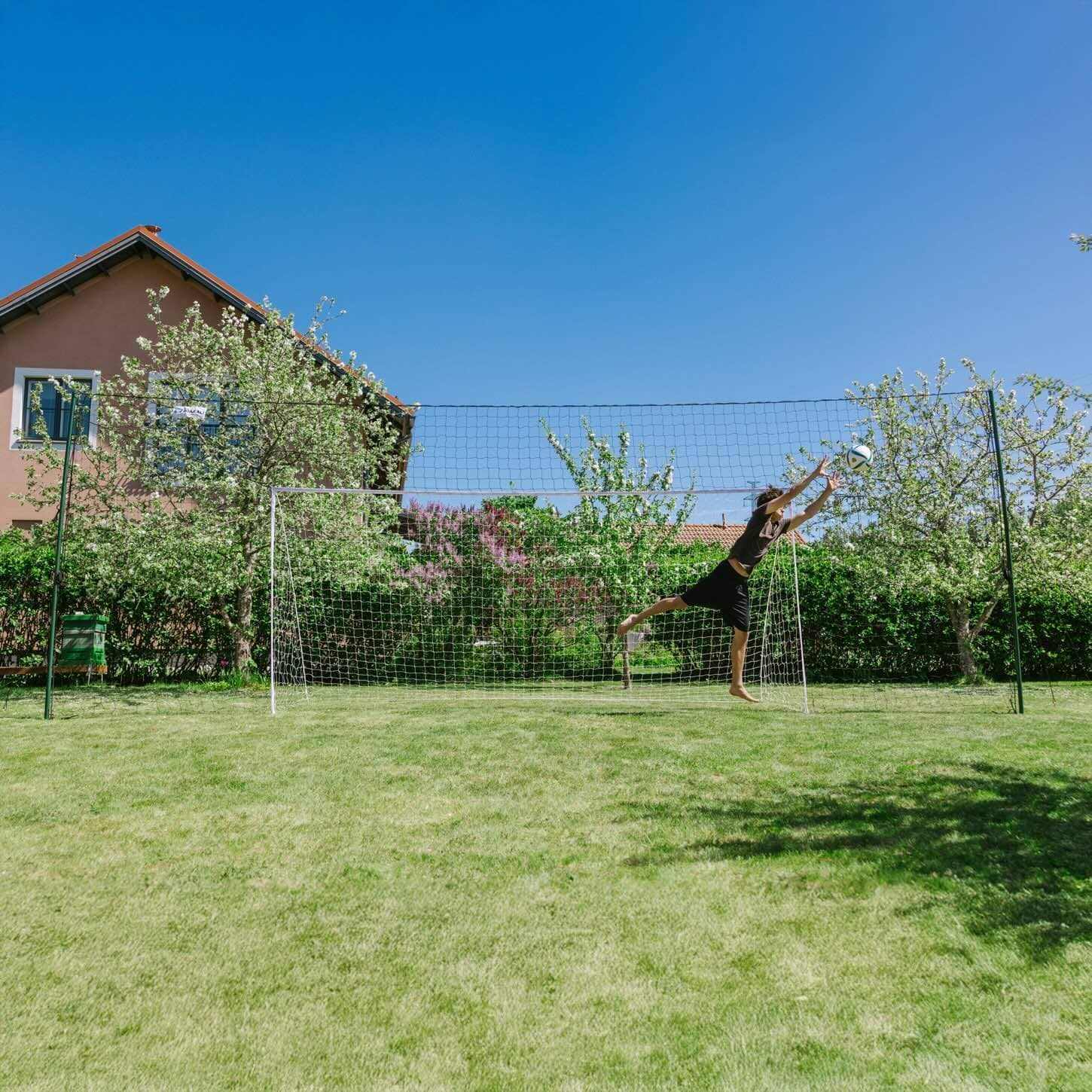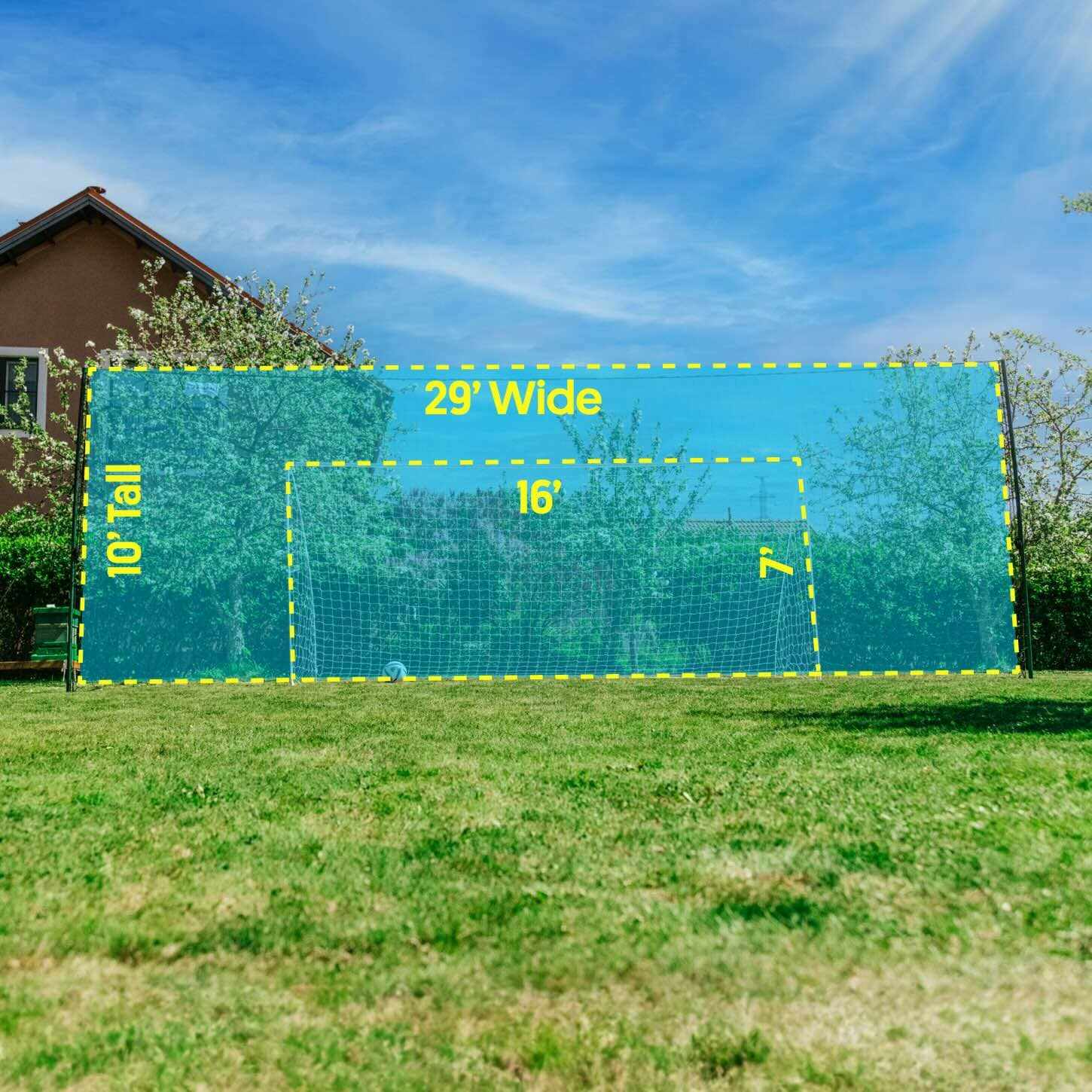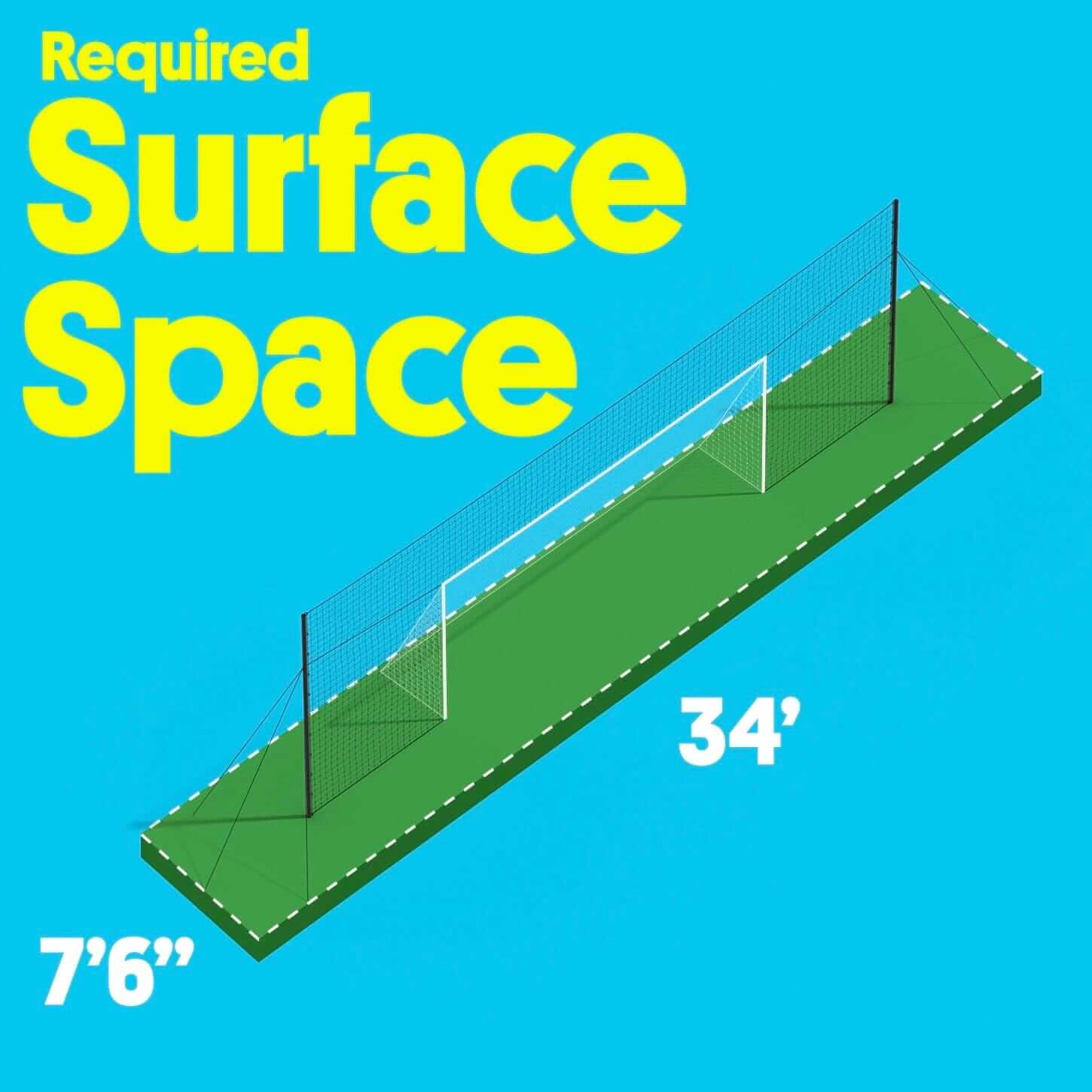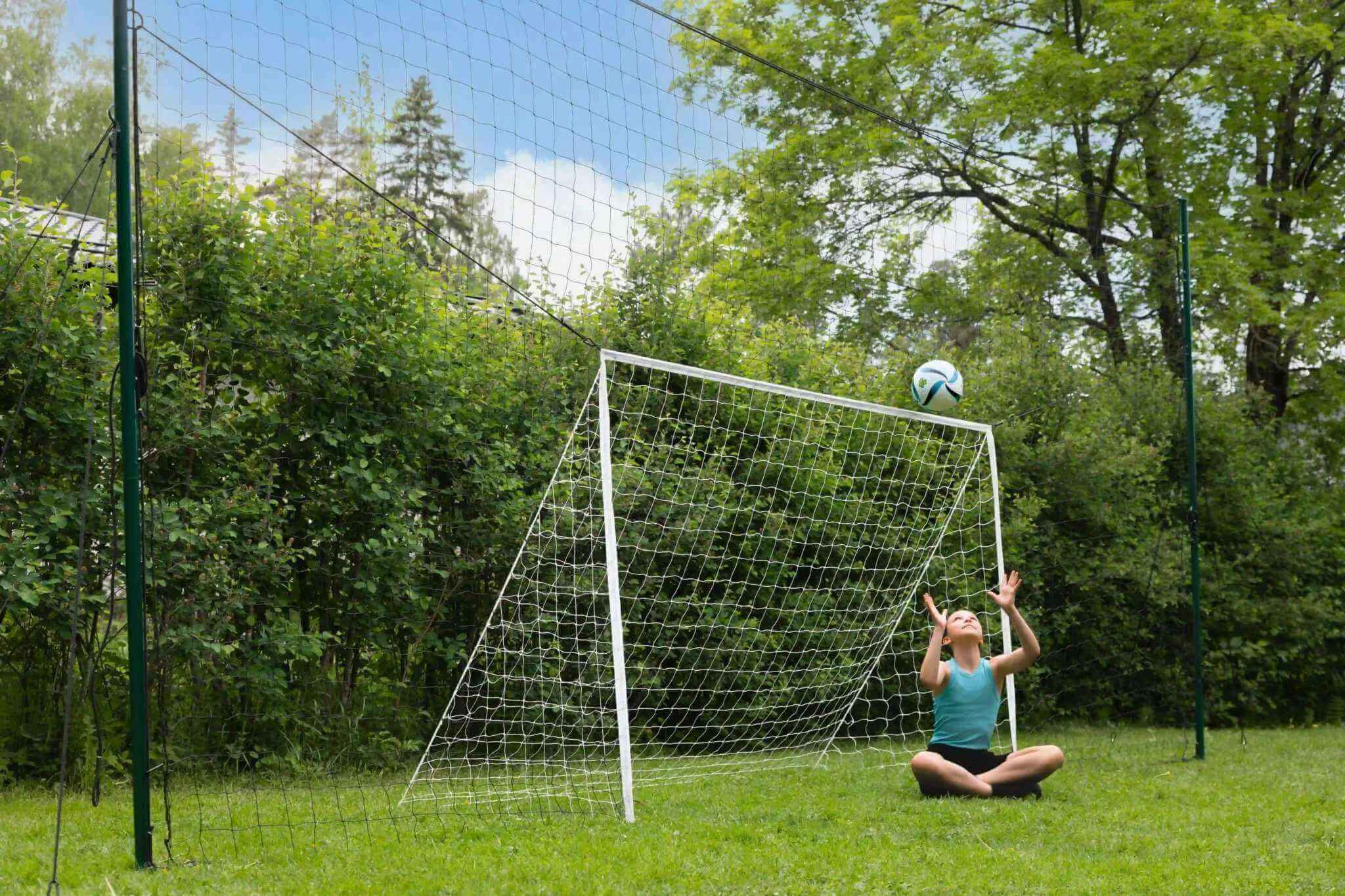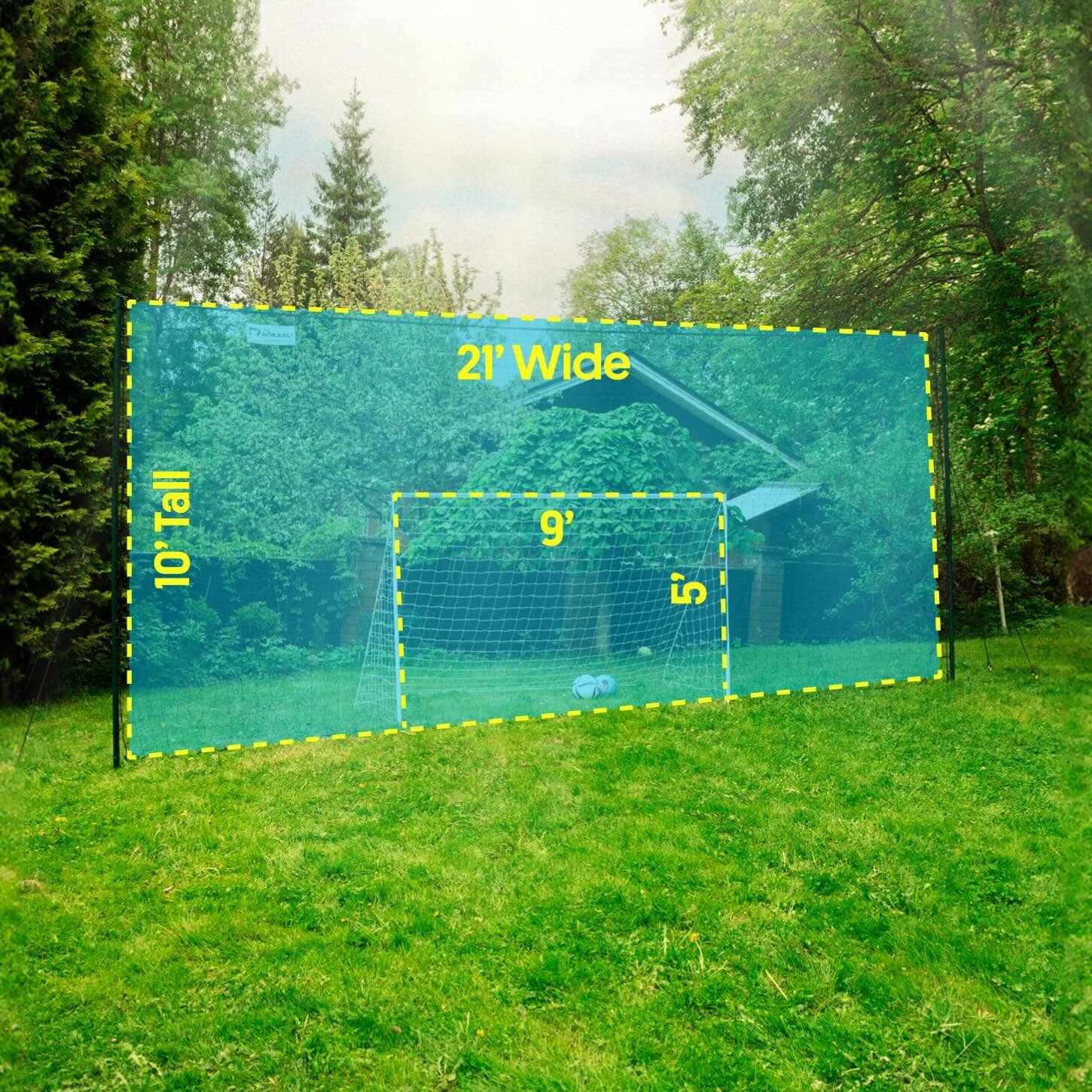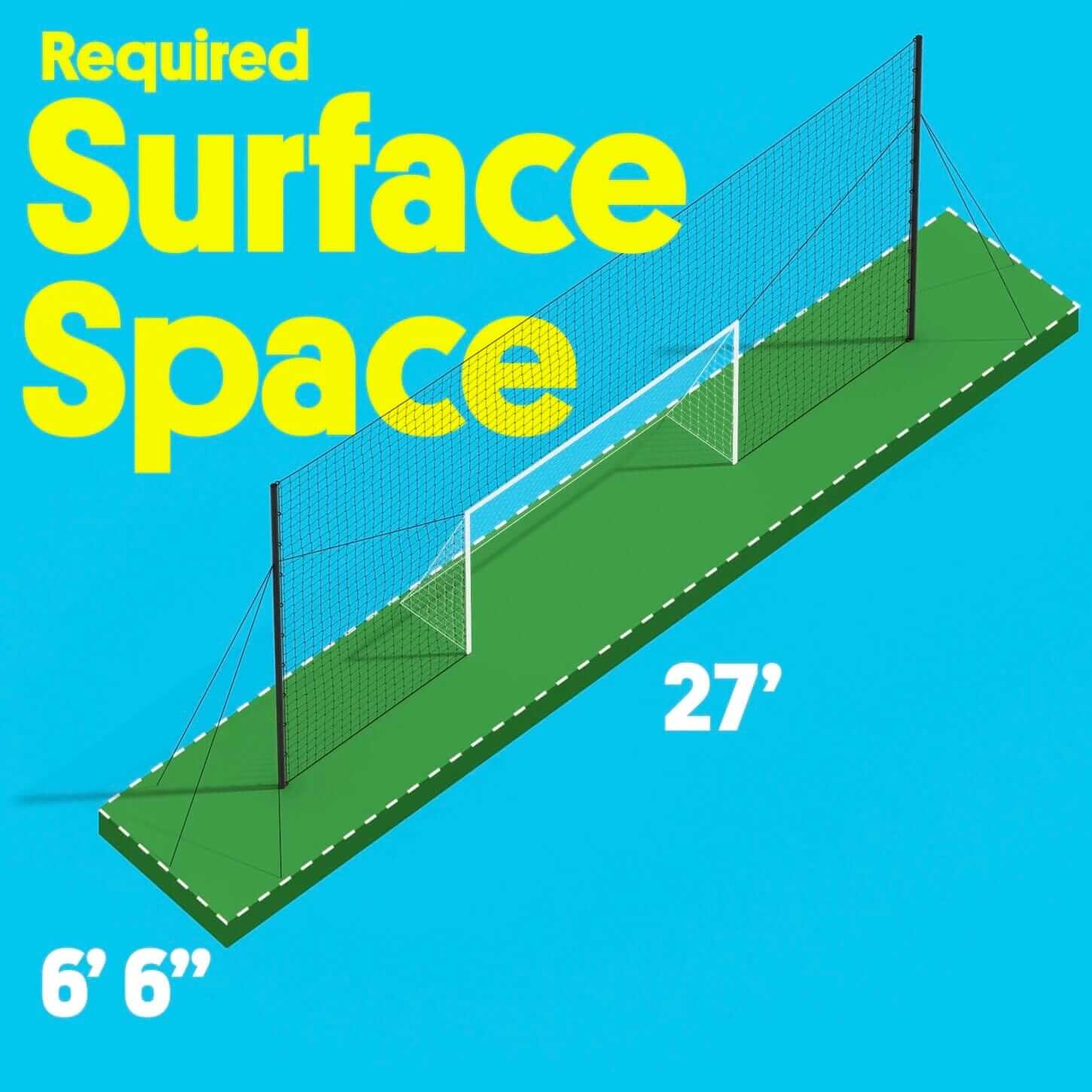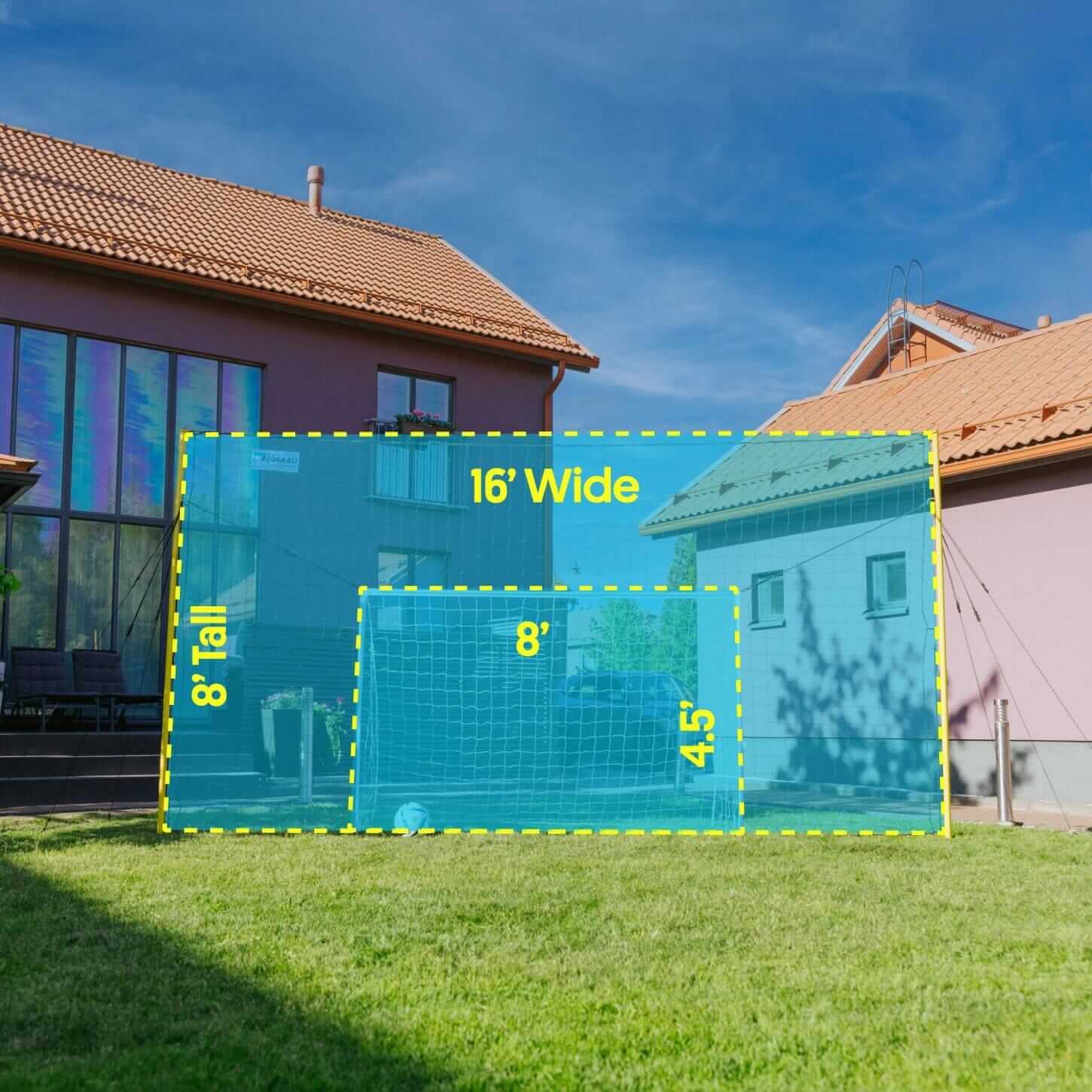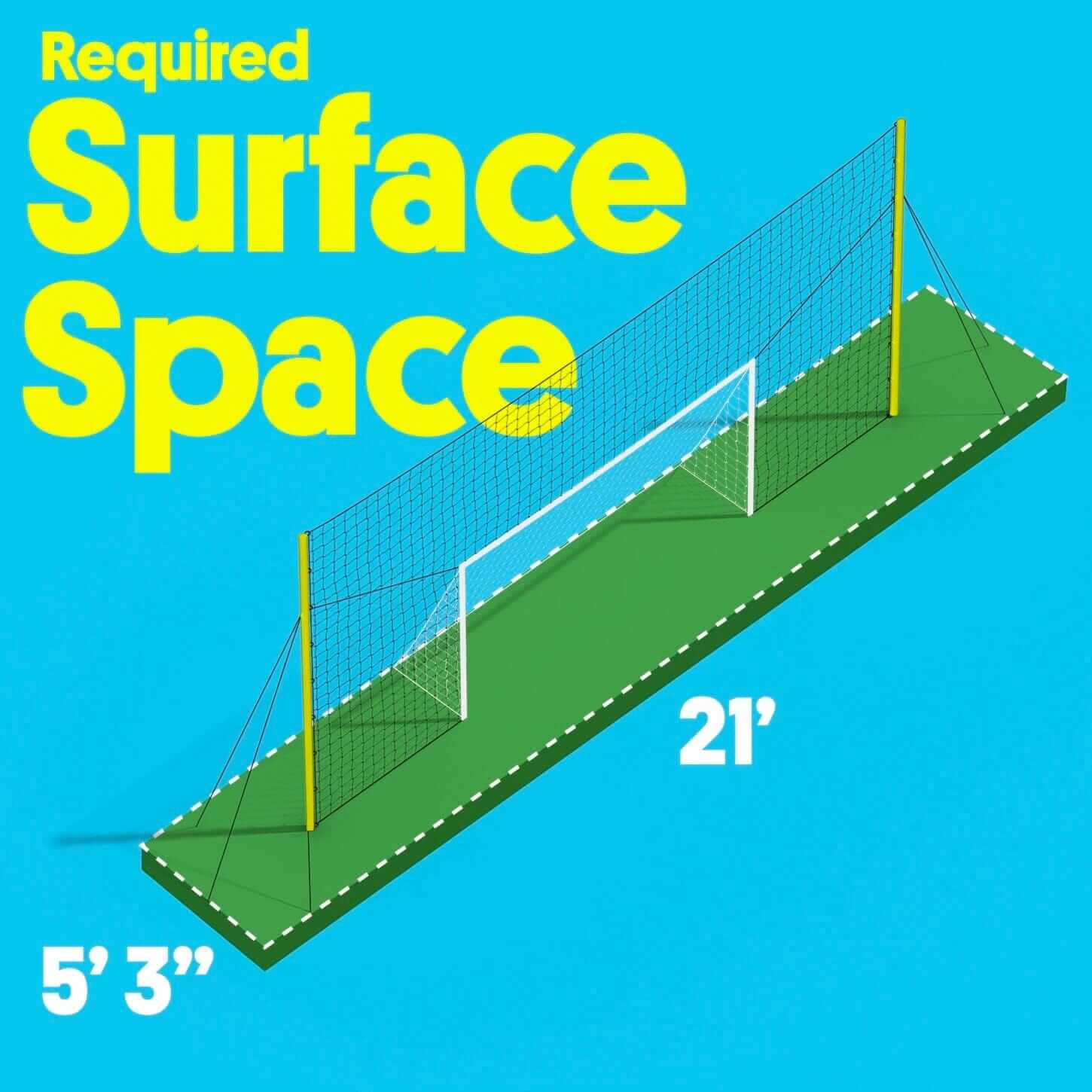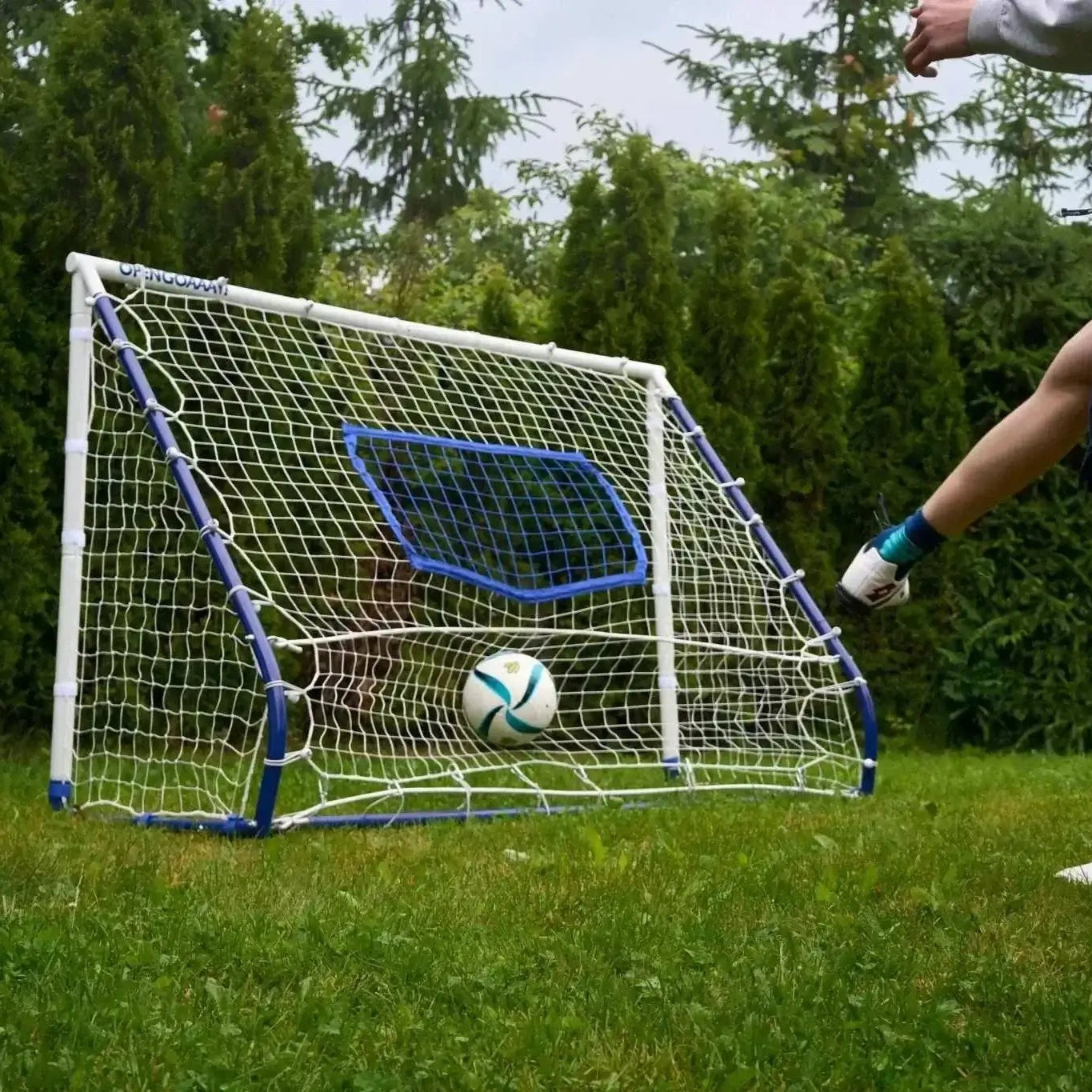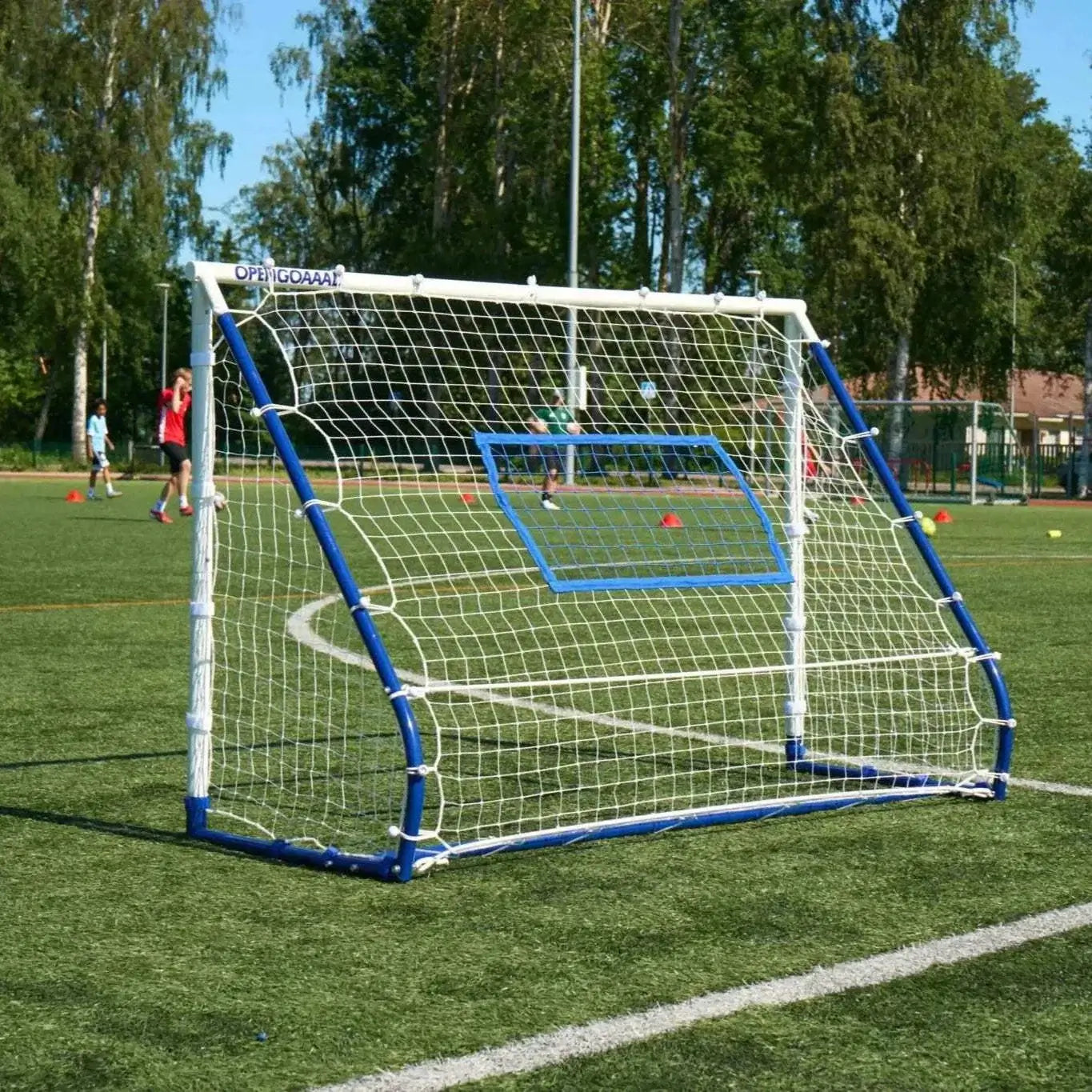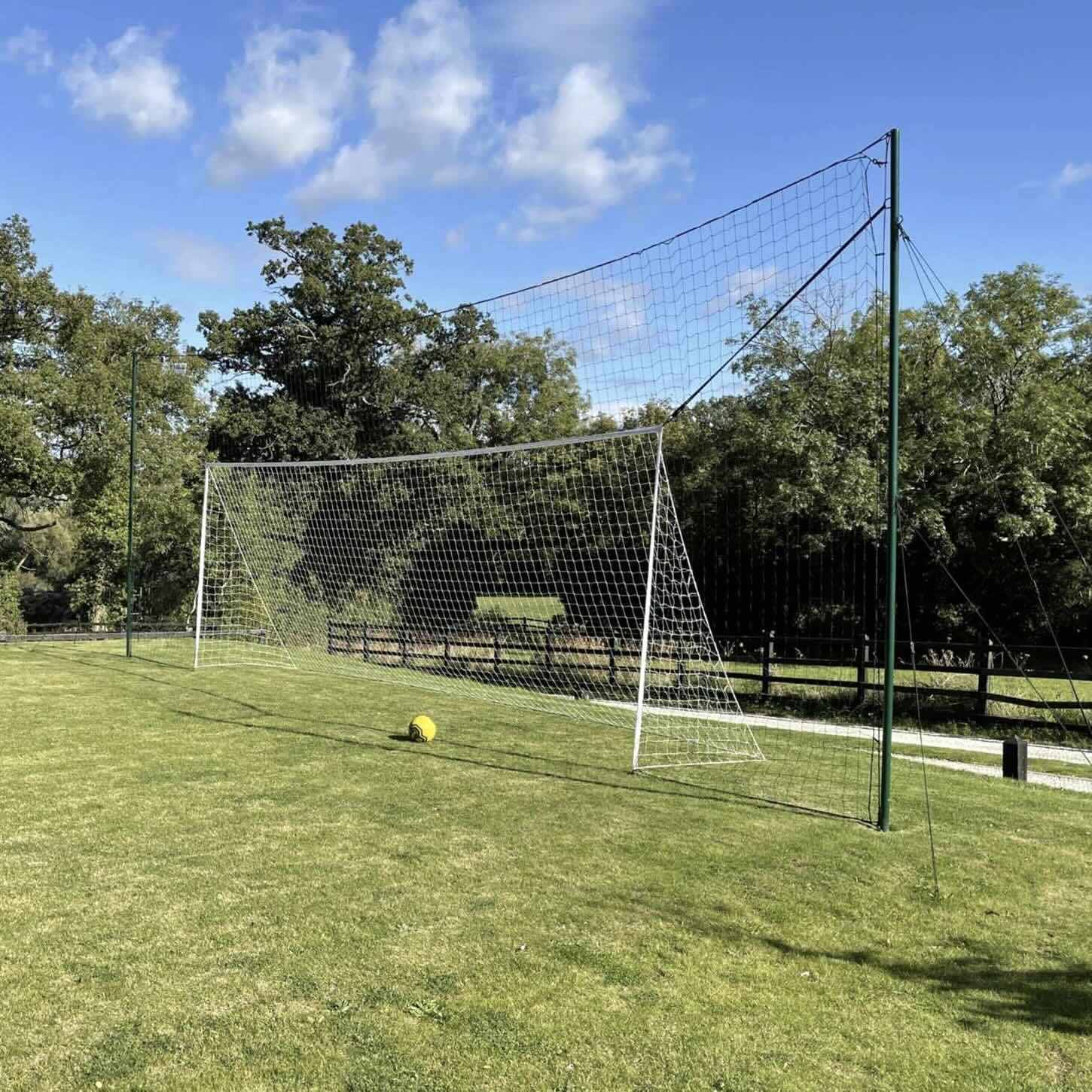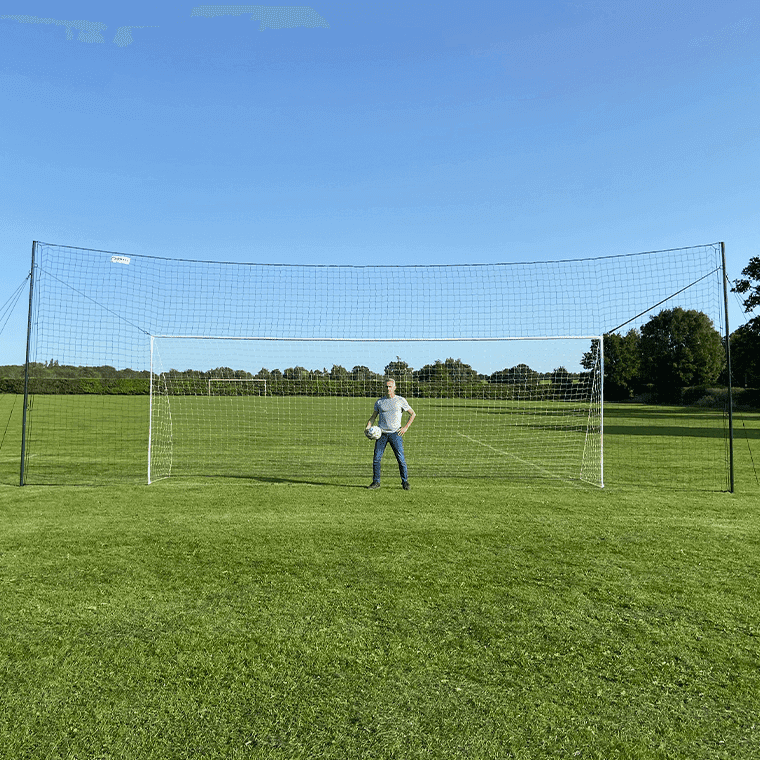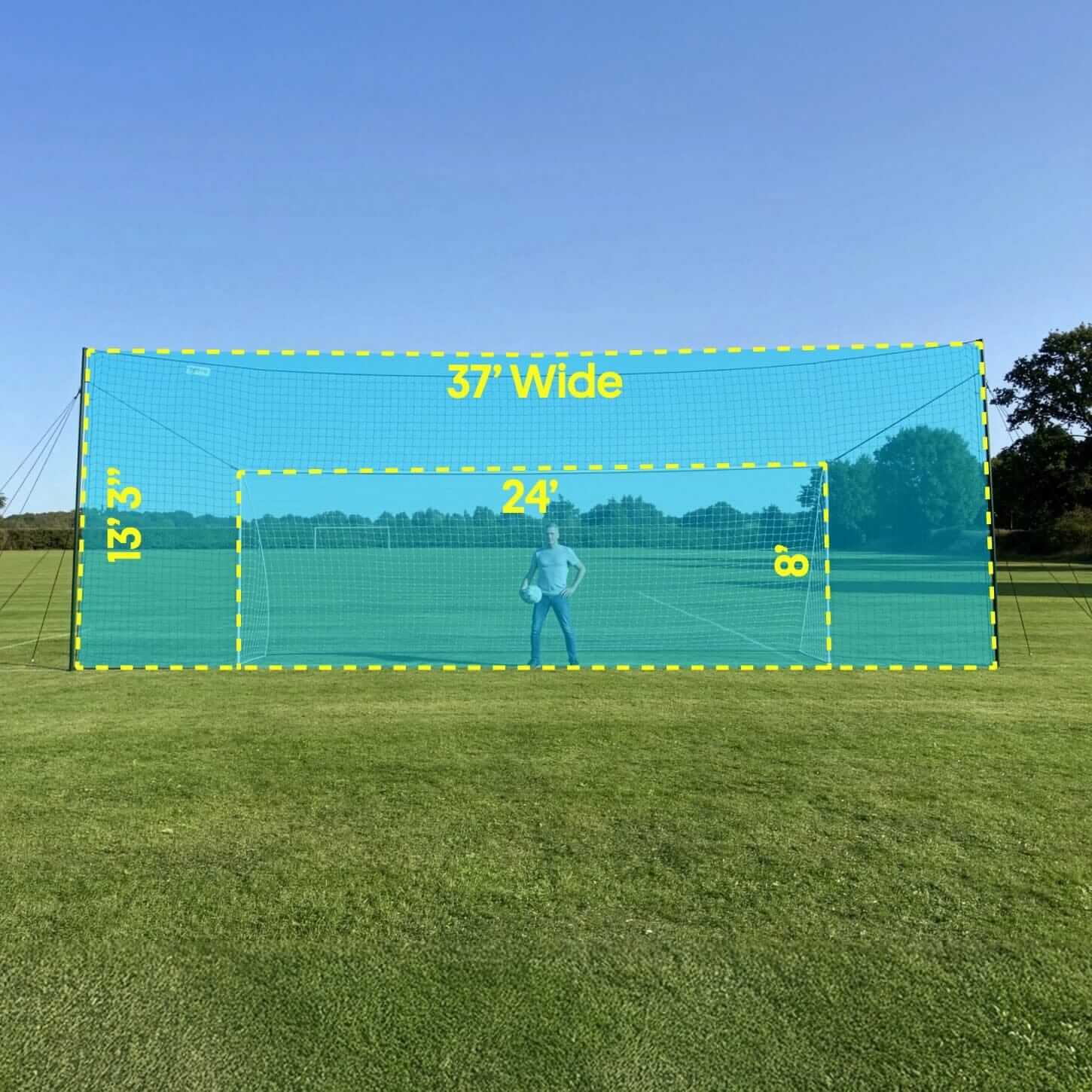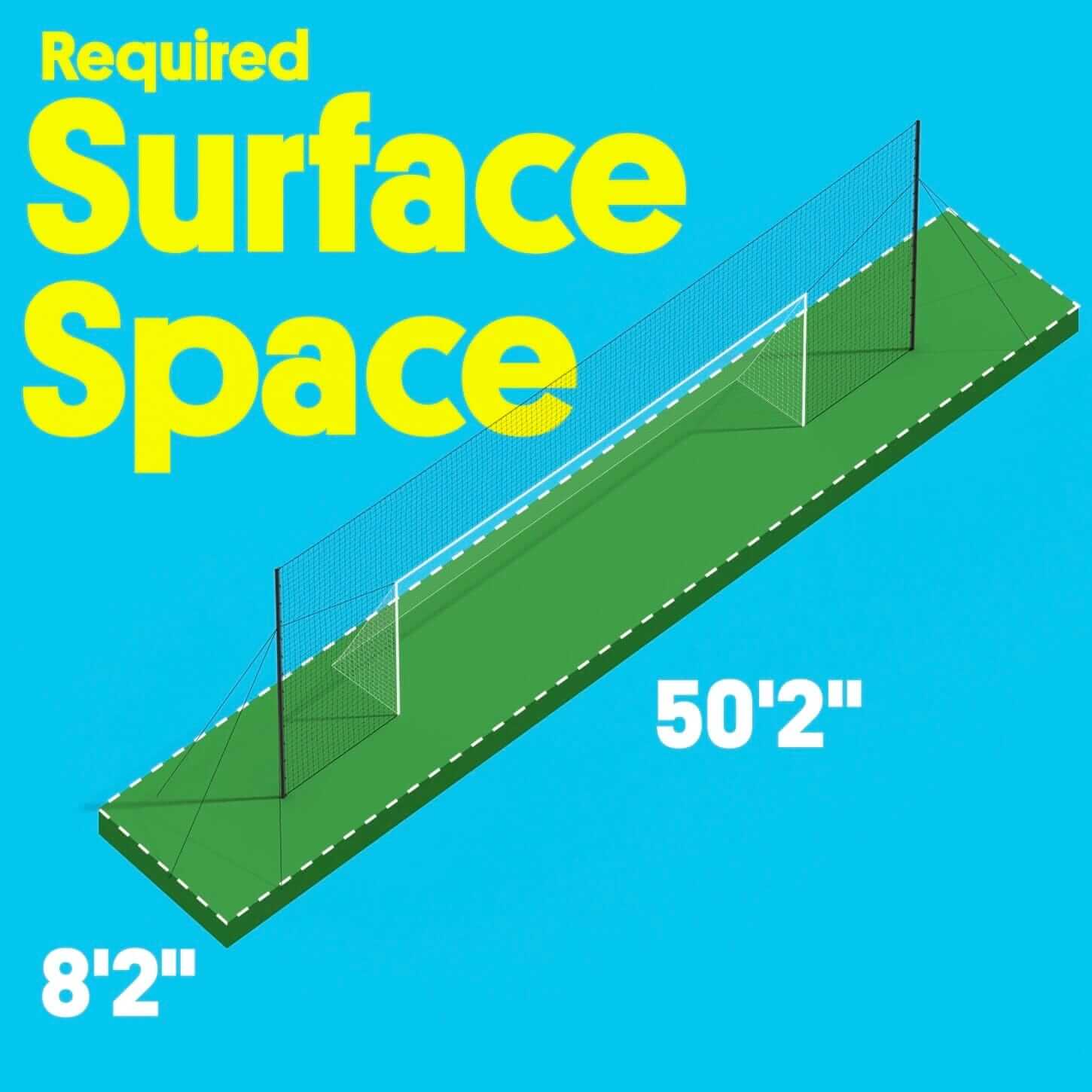One of the most highly disputed subjects whenever soccer fans gather, is what is the greatest goal ever scored? Seldom will you find two people in agreement. For some, it is the team that matters, so a goal that involves build-up play involving many players and slick interplay will top their list of preferences. For others, it is about those moments of individual brilliance, where one player does something sublime or unexpected that lifts the match out of the norm and elevates it to a higher level. And then there are those who believe that the context of the game happens, and the more important the occasion, and the higher the stakes, the greater the weight should be attached to a goal.
Some of the most significant goals ever scored that fit some, or all of the criteria, have been lost to posterity. Scored in an era before television or YouTube, there is no digital record of them. Instead, their legacy comes from word of mouth, passed down the generations by those who were lucky enough to witness them in person. Unfortunately, then they must be ruled out of the discussion, as there is nobody alive today who can testify as to their greatness.
Given then the high degree of subjectivity involved, to select one goal out of the hundreds of thousands on offer might seem impossible. However, there are some that do stand out and regularly feature in polls for the greatest of all time. And, arguably the one that towers above the others was scored by Diego Maradona playing for Argentina against England in the World Cup quarter-final of 1986.
The rivalry
Although it was British expatriates who first introduced the game of football to Argentina, by the time the two sides met at the Azteca Stadium in Mexico on the 22nd June, the teams and countries had been bitter rivals for 20 years, both on and off the field.
The origins of this rivalry dated back twenty years to another World Cup Quarter-Final played at Wembley in 1966. That match, which England won 1 – 0 saw the Argentina captain Rattin sent off in a game littered with bad fouls and heavy tackles. Rattin accused the German referee of favoring the English, while the England manager inflamed the situation by labeling the Argentines as “animals” an epithet that was regarded as deeply racist in South America.
The situation between the two countries off the field escalated into something much more severe in 1992. The ruling military Junta in Argentina decided in that year to invade the Falkland Islands, a British colony in the South Atlantic, claiming them as the Malvinas Islands. The result was an armed conflict between the two nations, which saw Britain sent troops and a naval task force to regain the islands. In the fighting that followed, more than 250 British and 650 Argentine troops died, as Britain recovered the islands, inflicting a humiliating defeat on the invading forces.
That humiliation and rancor burned bright in the Argentine players and their supporters as they took their place on the field that day, and, in the run-up to the game, fans clashed in the streets. Several English supporters were hospitalized.
The First Half
The First Half saw early chances for both sides, but Argentina began to control possession and territory without having anything concrete to show for it.
The Hand of God
Before Maradona scored what would later be called the “goal of the century” he had put his side ahead with a goal that came to be almost as famous, but for entirely different reasons.
Six minutes after the restart, Maradona picked the ball up just inside his opponent’s half and drove towards the England penalty box. He played it to his teammate Jorge Valdano hoping for a one-two, but the forward lost control of the ball, giving England midfielder Steve Hodge the chance to clear his lines.
Instead, he sliced the ball back into his penalty area to where Maradona had continued his run. What happened next has been re-run thousands of times in countless documentaries and YouTube compilations. The Argentine captain rose and appeared to flick the ball over the outstretched arms of the England goalkeeper Peter Shilton and into the net. Except that Maradona was 5 feet 4 inches tall, and Shilton over 6 feet.
What was immediately apparent to the English defenders and hundreds of millions of people watching on TV around the world is that Maradona had tipped the ball over Shilton’s grasp using his outstretched left arm. The Tunisian referee did not see the infringement and, more than 30 years before the advent of VAR; the goal was allowed to stand.
There was nothing accidental about what Maradona did. It was a deliberate act of gamesmanship that would, in the modern era, have earned him a yellow card at least. Instead, he convinced his teammates to celebrate with him, and they helped legitimize it in the eyes of the match officials.
Maradona later told a press conference that the goal was scored “ a little with the head of Maradona, and a little with the hand of God.” This is still how it is known to this day.
The Goal of the Century
If that goal showed Maradona at his worst, what he did four minutes later showed the other side of him – the yin to the yang.
The diminutive playmaker picked the ball up in his half on the right side, and initially, there seemed no danger to England. However, he spun away from two England players, Peter Beardsley and Peter Reid, and then advanced into the England half, stretching his legs as he started to accelerate. Defenders trailed in his wake as Terry Butcher pushed to meet him. However, a shimmy took him past Butcher’s outstretched leg, as he bore down on the penalty area.
Next to try and fail to stop him was Terry Fenwick who Maradona simply breezed past before he another shimmy to the right help him around the outrushing Shilton and he quietly slid the ball into the vacant net. In ten seconds Maradona had run more than 60 yards and beaten more than half the England team.
It was a goal of stunning individual brilliance and flair and prompted Uruguayan commentator Victor Hugo Morales to utter the immortal line “I want to cry, oh holy God, long live football! What a goal!”
Maradona later gave a backhanded compliment to the English team admitting that any other side would have tried to foul him in the build-up to the goal, but the English let him go because they are “the noblest in the world.”
What Happened Next
Gary Lineker pulled a goal back for England and had a late chance to equalize, but Argentina held on to win the match by two goals to one. That took them through to the semi-finals where they met Belgium, and again Maradona would prove the hero, put his side ahead with a clever flick with the outside of his left foot. He then scored a goal that was almost a replica of his effort against England, picking the ball up in space and dribbling past four Belgian defenders before finding the back of the net.
Four days later, Maradona lifted Argentina’s second world cup in eight years as his side overcame West Germany 3 – 2 in the final.
The Man behind the goal
Diego Maradona was and continues to be larger than life character. Widely regarded as one of the best players ever to play the game, he was a small man who a fantastic dribbler and passer, with perfect ball control. Short of stature with a low center of gravity but with a surprisingly robust physique, he could beat multiple opponents in one move, as shown by the “Goal of the Century.”
However, he had a dark side and controversy was never far behind him, as the “Hand of God” showed. He moved to Napoli in 1983 and helped the unfashionable Serie A win their first ever League title in 1987, and then repeat the feat three years later. However, off the pitch, he became a cocaine addict, fathered several illegitimate children, and had close relationships with the local Camorra Mafia gangs. And his time in Italy ended in disgrace after he was handed a 15 months drugs ban.
Then at the 1994 World Cup, he was thrown out of the tournament for failing a drugs test, a bug-eyed celebration after scoring against Greece displaying his addiction to the watching world.
Since retirement, Maradona has not been one to shun the limelight and has continued to garner headlines with his political views and opinions, and undertaking a host of jobs including a manager, coach, director, TV pundit, and talk show host.
That goal remembered
Maradona’s second goal against England continues to be one of the most celebrated of all time, certainly In the Spanish speaking world. Argentina viewed the game itself as revenge for the indignities heaped on them by Ramsey twenty years earlier, and for the humiliation of the Falklands War.
However, even in England, where resentment still simmers about the “Hand of God,” the public has come to recognize the genius of Maradona and his second goal, voting it number six in a poll of all-time great sporting moments in 2002.
To quote from commentator Morales again “Little cosmic kite, which planet did you come from, to leave so many Englishmen behind.”



